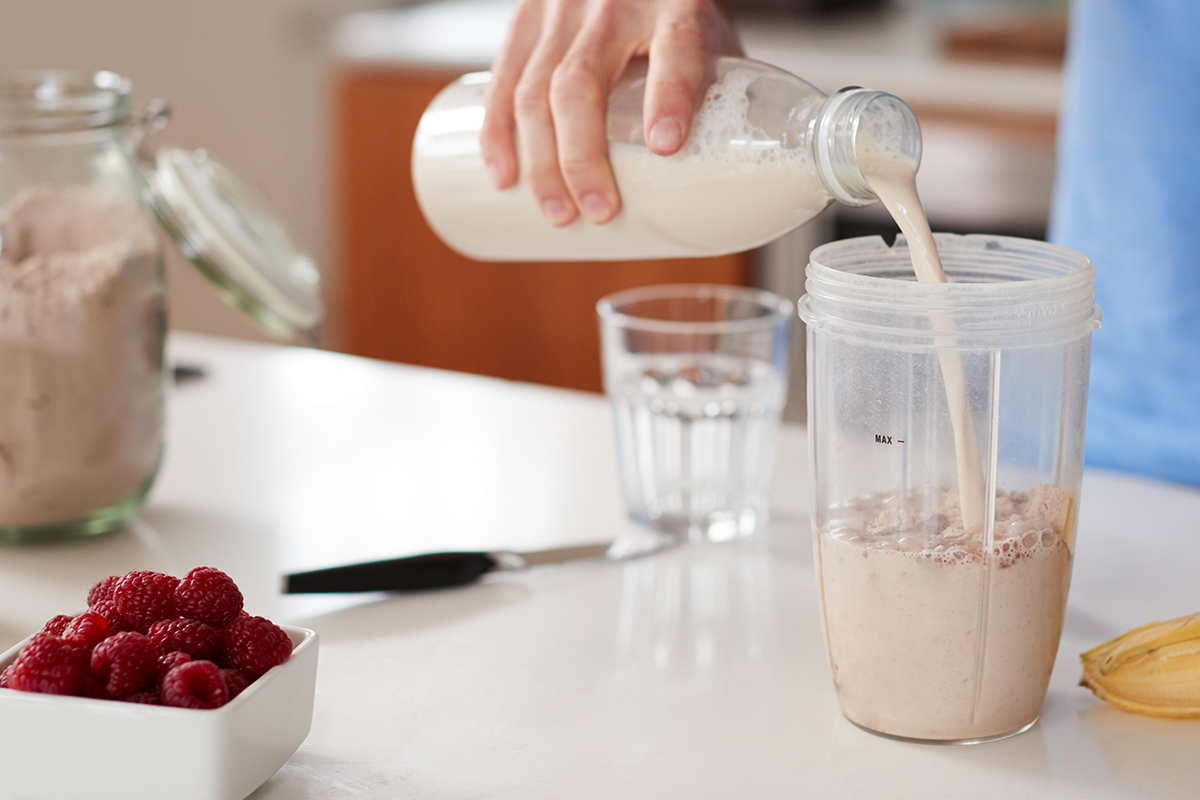
Question:
I’m 69 years old, I work out 3 times a week for 2 hours, 2 of those days are dedicated to upper/lower weight workout and the 3rd day strictly cardio on the treadmills and bike. I had a personal trainer for 6 months and I learned a lot of methods to workout. I’m careful with my intake and do not overindulge with high calorie or fatty foods, I’m frustrated when I get on the scale at the gym and at home, I gain pounds vs. seeing the numbers go down. It could be my metabolism (as one ages it drops drastically), just looking for answers, tips, suggestions. Thanks!
– Lydia C.

Answer:
I understand your frustration, Lydia. Total pounds are easy to measure but won’t reflect body composition improvements. Ideally, you’d have tracked body fat percentage over the last 6 months. A tilt toward lower fat and more lean body mass indicates your metabolism should keep up. As body fat is reduced and muscle is gained the scale may not change (or go up). There is water stored with every pound of muscle, due to increased glycogen capacity.
Another approach is to monitor waist, hip, and thigh circumferences by breaking out the tape measure. Reflect on how your clothes fit. If you’ve got any more wiggle room than 6 months ago – success! Also note progress in fitness level… strength, endurance, and intensity level. All these observations are better indicators of improvement than total weight.
It makes a difference whether your weight workouts are focused on heavy weight with lower repetitions or more repetitions with less weight. The latter helps develop strength and muscles’ functional output while the former is intended to build up muscle (thus may increase weight). Once you tolerate a level of cardio (time, intensity, duration, or frequency) you’ve adapted to it and need further increases to promote greater fat burning. In the same regard, if your diet is good, but no better than before, then physique change is less likely.
In summary: focus on body composition, not scale weight, and look to where you can refine your diet and exercise regimen. Keep up that dedication!
– Debbie J., MS, RD
This article should not replace any exercise program or restrictions, any dietary supplements or restrictions, or any other medical recommendations from your primary care physician. Before starting any exercise program or diet, make sure it is approved by your doctor.
Some questions have been edited for length and/or clarity.
Ask our Dietitian
 Have a nutrition question? Our registered dietitian is ready to help!
Have a nutrition question? Our registered dietitian is ready to help!
Email nutrition@lafitness.com or submit your question below and it may be featured in an upcoming article!
Recommended Reading - Q+A
Nutritious Green Foods You Didn’t Know About
Good nutrition is all about variety! Browse through our list of unusual fruits and veggies and give yourself a chance to try something new.
Salt Grains for Muscle Gains?
Does liberally salting your food help you pump more iron in the gym? Registered Dietitian, Debbie James, investigates the claims!
How Much Protein Does Your Body Need?
One frequently asked question is about the recommended intake of protein. We hear you! Here is everything you need to know.



